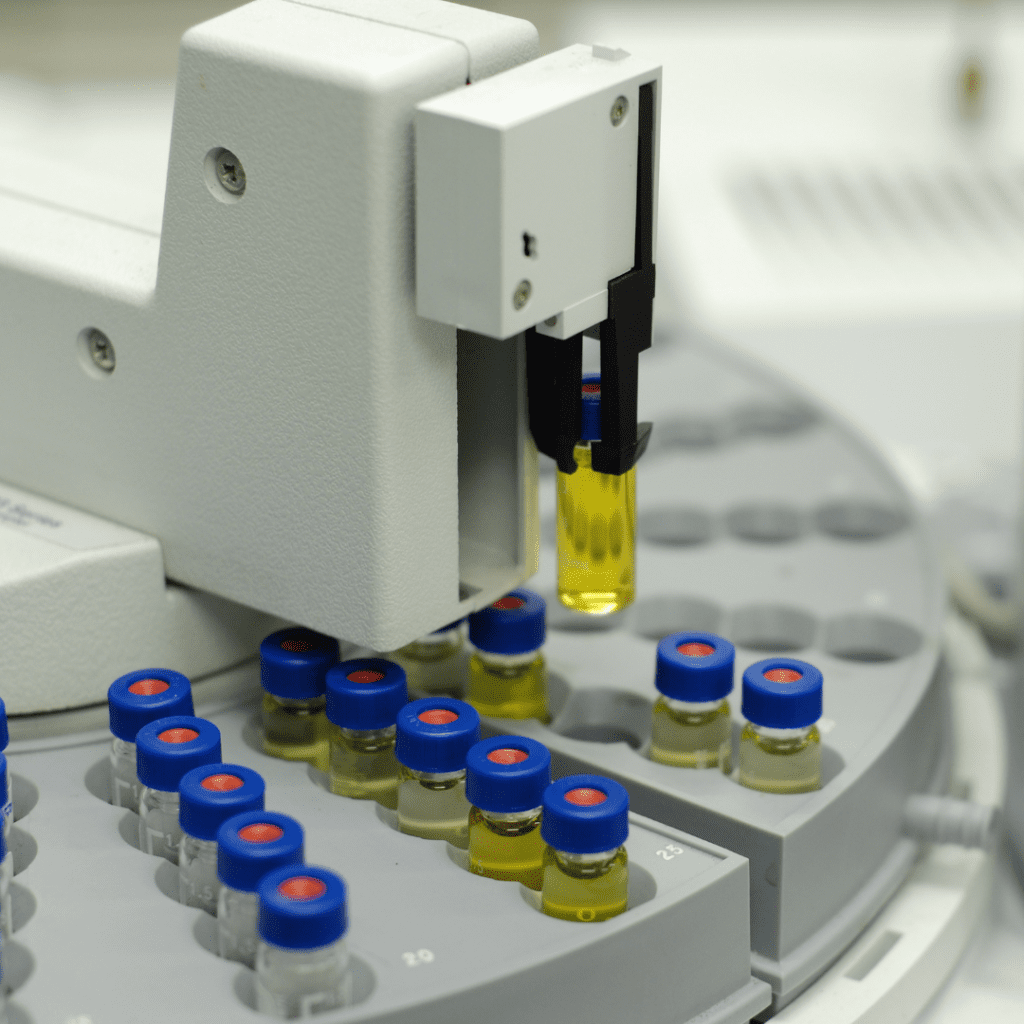The Advantages of Using Hydrogen as a Carrier Gas in GC-MS with a Focus on Environmental Benefits
The use of hydrogen as a carrier gas in gas chromatography-mass spectrometry (GC-MS) offers several advantages, particularly from an environmental perspective. Hydrogen is increasingly becoming a preferred choice over traditional gases like helium due to its efficiency, cost-effectiveness, and significantly lower environmental impact.
One of the primary environmental benefits of using hydrogen is its sustainable production. Hydrogen can be generated from water through electrolysis, a process that can be powered by renewable energy sources such as solar or wind. This method of production reduces reliance on fossil fuels and helps lower greenhouse gas emissions. In contrast, helium is a non-renewable resource extracted from natural gas fields, a process that is both energy-intensive and environmentally damaging. The depletion of helium reserves also poses a long-term sustainability issue, making hydrogen a more viable and eco-friendly alternative.
Hydrogen’s lower viscosity and higher diffusivity compared to helium result in improved chromatographic performance. These properties allow for faster analysis times and higher resolution, enhancing the efficiency of the GC-MS process. This increase in efficiency can lead to reduced energy consumption in the laboratory, further minimising the environmental footprint of analytical operations. By decreasing the time required for analyses, laboratories can process more samples in a shorter period, optimising resource utilisation and reducing overall energy usage.
Hydrogen is also significantly cheaper than helium, largely due to its abundant availability and the lower costs associated with its production. This cost-effectiveness extends beyond economic savings, as the reduced financial burden can enable more widespread adoption of environmentally friendly practices in various industries. By making hydrogen a standard carrier gas, laboratories can align their operational goals with broader environmental sustainability objectives.
Moreover, the environmental advantages of hydrogen extend to its role in reducing the impact of helium shortages. Helium scarcity can lead to increased extraction activities that further harm the environment. By transitioning to hydrogen, the demand for helium can be alleviated, reducing pressure on natural resources and decreasing the ecological disturbances associated with its extraction.


Advantages and Disadvantages of Using Hydrogen as a Carrier Gas in GC-MS
Advantages:
- Increased Efficiency and Speed: Hydrogen, being lighter than helium, allows for faster analysis and higher resolution in GC-MS. This results from its lower viscosity and higher diffusivity, which enhance separation efficiency and reduce overall analysis time.
- Improved Peak Shapes: The use of hydrogen as a carrier gas can lead to sharper and more symmetrical peak shapes in chromatographic separations, enhancing the accuracy and precision of quantitative analyses.
- Cost-Effectiveness: Compared to helium, hydrogen is significantly cheaper and more readily available. This is particularly important as helium prices have risen and shortages have become more frequent. The cost savings can be substantial, especially for laboratories conducting high-throughput analyses.
- Environmental Impact: Hydrogen is a sustainable and eco-friendly option. It can be produced from water using renewable energy sources, contributing to a lower environmental footprint compared to helium, which is a non-renewable resource.
Disadvantages:
- Safety Concerns: Hydrogen is highly flammable and poses significant safety risks. Laboratories must implement stringent safety measures to prevent leaks and ensure proper ventilation, increasing operational complexity and potentially the cost of infrastructure.
- Reactivity: Hydrogen can react with certain analytes or materials within the GC-MS system, potentially leading to altered or degraded samples. This reactivity necessitates careful selection of column materials and system components to avoid unwanted reactions.
Other Cormica News, Events & Resources
Contact Us
Ready to take the next step? We’d love to hear from you. Contact us today to discuss your testing needs and find out how Cormica can help you achieve your goals.








